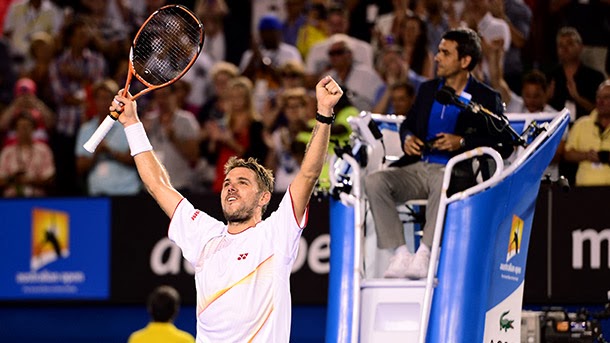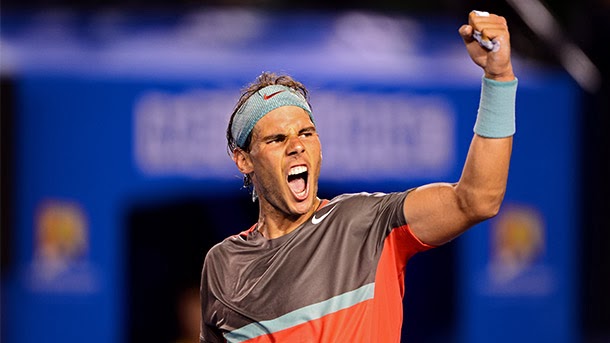Cool Runnings is the title of a 1993 American sports film
directed by Jon Turteltaub which starred Leon, Malik Yoba, John Candy, Rawle D,
Lewis and Doug E. Doug released on October 1, 1993 in the United States. The movie
was inspired by the true story of the Jamaica national bobsled team’s debut in
the bobsled competition of the 1988 Winter Olympics in Calgary, Alberta,
Canada.
In the real scheme of things, the Jamaica national bobsled
team featured a relatively unknown and unskilled team in the 1988 Winter
Olympics in Calgary, Alberta, Canada for the very first time in their history. They
were clearly underdogs in that competition but their belief and aspiration was
heralded, for a tropical nation taking part in a winter sport.
This year, the two-man team comprising of Winston Watts
(Driver) and Marvin Dixon (Brakeman) will hoist the Jamaican flag high at the
XXII Winter Olympics, starting on Friday, February 7 and ending on Sunday, February
23 in Sochi, Russia and make timed runs down narrow, twisting, banked, ice
tracks in a gravity-powered sled. Since the Jamaican bobsled team landed qualification for the
winter Olympics, they immediately faced another stern qualification malaise:
They needed to raise competition funds of over $80,000 in a few days if they
are to realize the Sochi dream.
And in a travesty of fortunes, a team needing only $80,000 is
heading to Sochi with over $120,000. After the qualifying weekend, Winston
Watts, the major force behind the team quipped, “In truth, we still don’t really
know at the moment if we’d even have enough funds or sponsorship to fly to
Sochi itself for the games itself.” Watts stated that. The handwriting was
almost on the wall again as it was in 2006 and 2010 when they missed out of the
Winter Olympics in Turin and Vancouver respectively due to lack of funds.
Watts,
who had already financed the team’s qualification with more than £100,000 of
his own money declared to BBC. “It’s not been cheap,” he said. “If we had been able
to go over to Switzerland for the final qualification races, or some of the
earlier ones, I’m convinced we could have confirmed this a lot sooner.” He
suggested he and brakeman Marvin Dixon will need some funding if they qualify. “We
need about $40,000 for travel and also to buy new runners for the sled because
we can’t go to the Olympics with only one set.”
Today that dream is a reality thanks to the Dogecoin
Foundation who has facilitated the team’s participation at the Olympics by
creating a charity for fans of the cryptocurrency to make donations. More than
26.5 million Dogecoin worth around $33,000 have been donated by the community within
two days. The team’s website and other social media sites were used to clamour
for funds while a further $80,000 was raised through Crowdtilt.
Good luck to the Jamaican team in their quest to conquer
Sochi.











